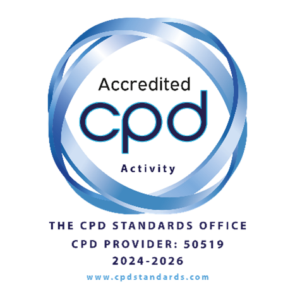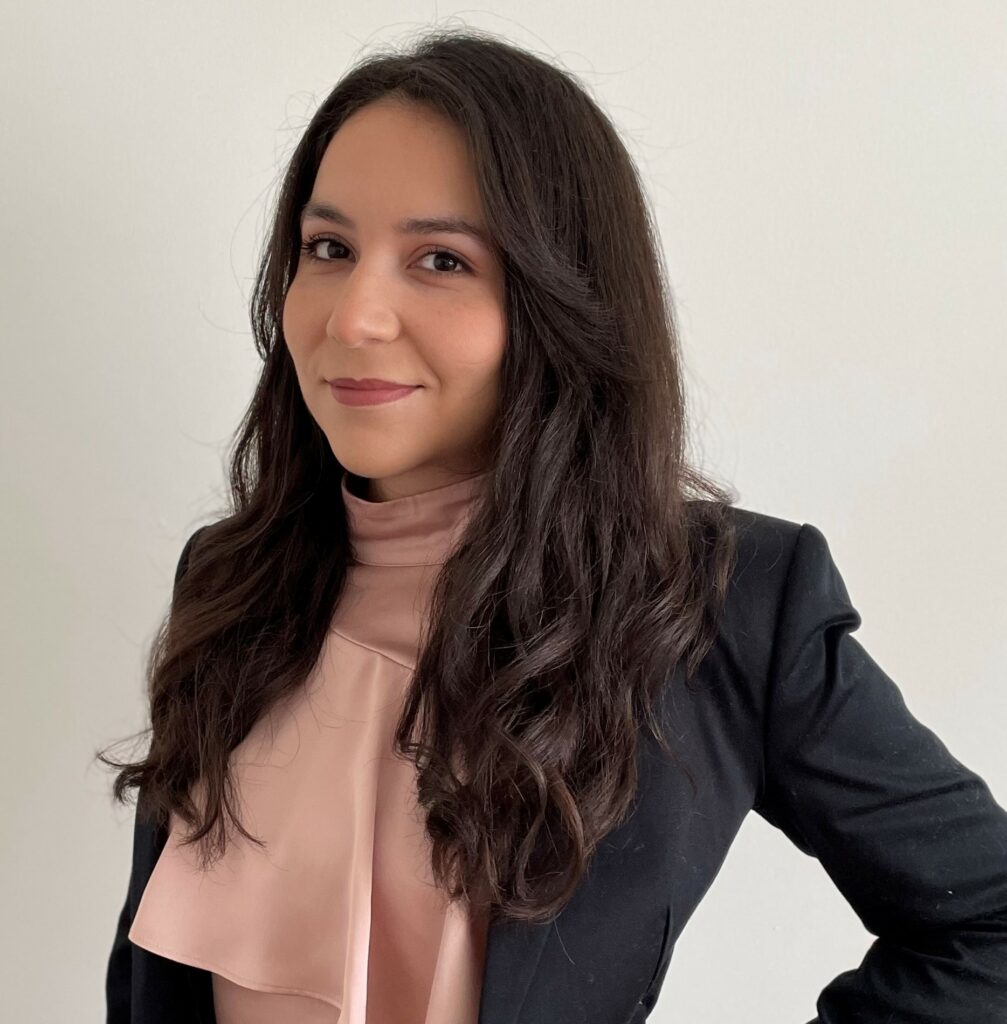
Cybersecurity in the context of mobile telecoms
Overview
This course looks at how the mobile industry deals with security challenges across the ecosystem. As digital services, underpinned by fast, high-performance networks, play an increasingly vital role in the way people live and businesses operate, protection against threats to mobile networks and devices is crucial.
The course starts with an introductory module explaining the key concepts and outlining the security challenges operators face today, while later modules explore in more detail various risks including network and infrastructure security, mobile device security, fraud, scams and misuse. The course also considers the role of governments and the private sector in cybersecurity, as well as national security strategies and frameworks.
Course Objectives
- Understand the key concepts related to security in the mobile ecosystem.
- Understand the importance of robust security and protections for consumers.
- Learn about the policy and regulatory enablers that can help the mobile sector remain a secure environment for governments, enterprises and consumers.
- Understand the challenges that emerging technologies such as AI and quantum computing may have on the mobile security landscape.
Course Enrolment Criteria
This course is open to:
- Regulators
- Policymakers
- Representatives from academia and international organisations working on regulatory or policy issues
We cannot accept applications from individuals working in the private sector or those not involved in policy or regulation.
Course Completion Certificates
All our courses are certified by the United Kingdom Telecoms Academy (UKTA) and accredited for Continuing Professional Development (CPD).

This course equates to 13 hours of CPD training.
To qualify for a course completion certificate, you must view all the course sessions and answer correctly all the quiz questions you will find as you progress through the sessions. You will also need to fill out the course survey.
You do not have to complete a final project to earn a course completion certificate but we strongly encourage you to create one. Putting together a final project will give you an opportunity to reflect on the principles covered during the course and help you discover how they could be applied to your own country. If you submit a final project the course trainer will provide you with valuable feedback that you may find useful in your day-to-day work.
Course Structure and Study Time
The course consists of four sessions and you will gain access to all of them on the course start date. You will have the opportunity to ask questions about the content of the course during two live chat sessions as well as on the course forum.
It should not take you more than two to three hours of study time per week to complete the course in four weeks. You will have, however, seven weeks to complete it. If after seven weeks you have not completed the course, you will have to start it again next time it is offered.
If you decide to submit a final project, it will probably take you four to six hours to put it together. You will have seven weeks to submit your final project.
If you have any special needs regarding this training course, please us let us know via our contact form so we can get in touch to discuss how your needs can be met.
Enrolment is curently not open.
Enrolment is curently not open.



Related Online Courses

Big Data and Artificial Intelligence for Impact
